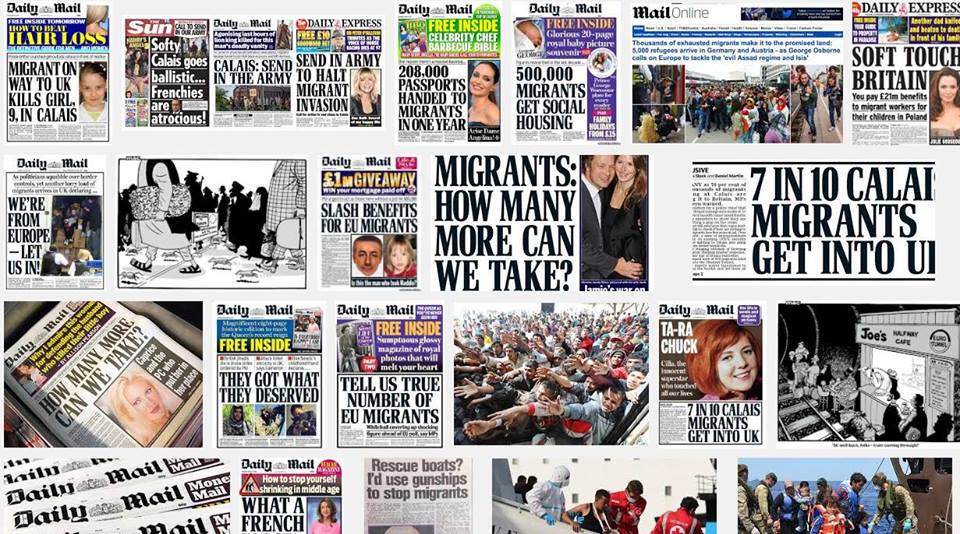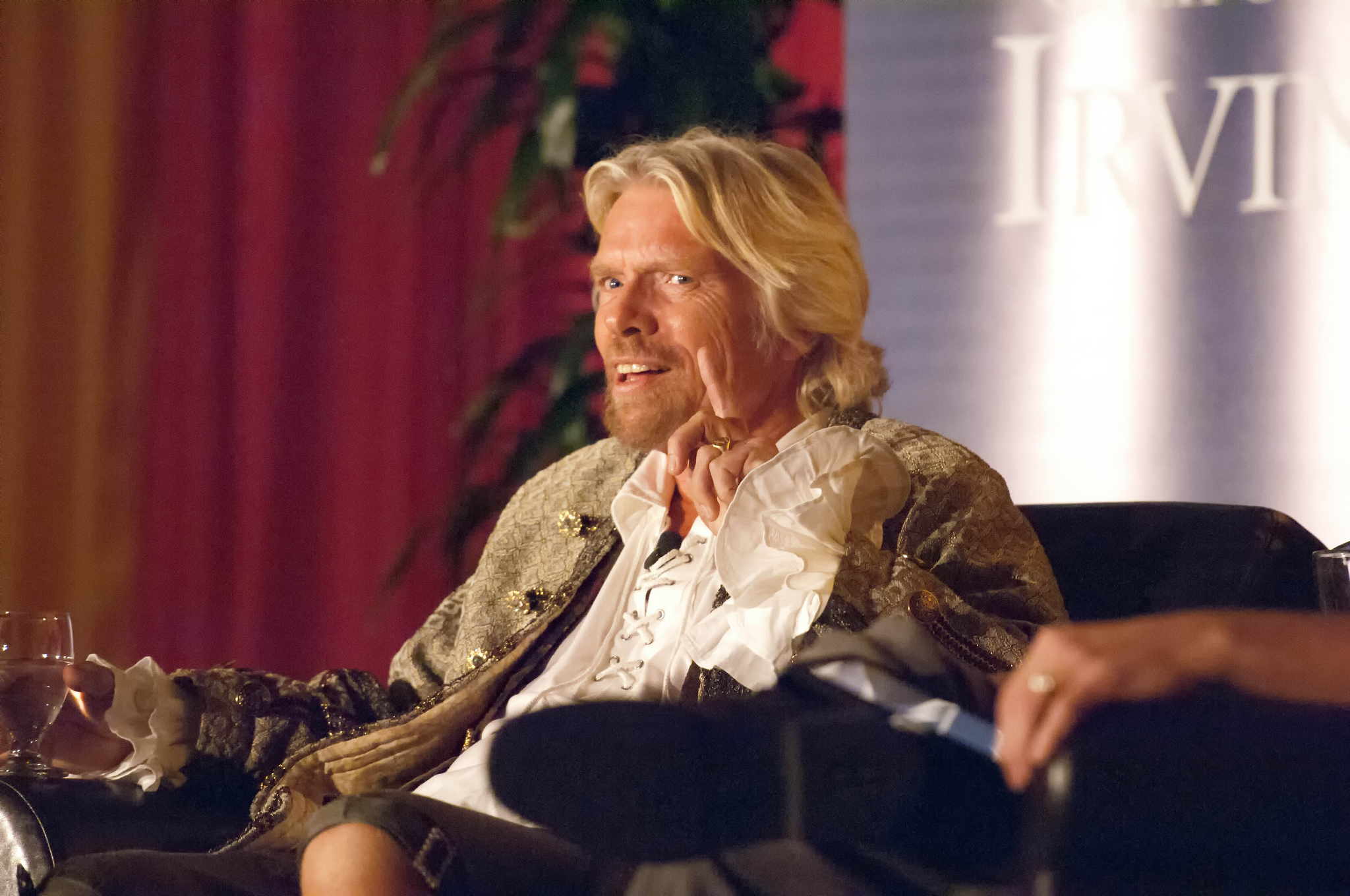Faced with accusations of censorship, Virgin Trains is to restock The Daily Mail. However, the fiasco is just one in a long line of so-called free speech battles.
“We’ve decided that [The Daily Mail] is not compatible with the VT brand and our beliefs”, wrote Virgin Trains in an internal memo last November. For that reason, the East Coast provider decided it would no longer stock the Mail, citing staff concerns about the paper’s stance on immigration and LGBT+ rights.
Fast-forward two months, however, and the decision has been reversed. Amid concerns that the move amounted to censorship, Sir Richard Branson – the founder of Virgin – ordered Virgin Trains to restock The Mail. “Freedom of speech, freedom of choice and tolerance for differing views are the core principles of any free and open society”, explained Branson.
An Emerging Trend
 Image Credit: StopFundingHate
Image Credit: StopFundingHate
The move was welcomed by The Daily Mail, who condemned the original decision as “an attack on free speech.” The paper was not alone in this view. Right across the political spectrum, from Nigel Farage to Jemery Corbyn, commentators voiced concern, stating their preference for a “plural press”. The Society of Editors went a step further, alleging the decision of Virgin Trains “smack[ed] of censorship.”
Absurd ban on Daily Mail by Virgin! Pompous, censorious and wrong #virginontheridiculous
— Boris Johnson (@BorisJohnson) January 10, 2018
Yet, the fiasco is one of many free speech battles to, ironically, fill up column inches in recent years. Sales of right-leaning newspapers, mostly The Sun, The Daily Express and The Mail, are now banned in several UK universities, including Queen Mary (University of London), Plymouth, London’s City University, Nottingham, and many Oxford colleges.
Alongside this cull, there have been attempts to restrict what many regard as the financial lifeblood of these publications: advertising revenue. Stop Funding Hate is a movement, set up in 2016, that aims to challenge “the divisive hate campaigns of the Sun, Daily Mail and Daily Express by persuading advertisers to pull their support.” So far, it has persuaded household names such as Lego, Joy and Body Shop to halt their relationship with The Daily Mail, as well as prompting an apology from Paperchase.
For some, this is tantamount to an attack on freedom of expression. For others, it simply encourages consumer choice; shoppers have the right to voice their concern about the ethics of their favourite brands, including the messages they implicitly champion through advertising.
A Human Rights Perspective
 Image Credit: Rikki Chan / Unsplash
Image Credit: Rikki Chan / Unsplash
Freedom of expression is protected by Article 10 of the Human Rights Convention. It is considered a fundamental right because of the democratic function it serves. Without freedom of expression, the press would not be able to criticise the Government or hold the State to account. If information were censored, the public would also be ill-informed, which would harm our ability to participate in politics in a meaningful way.
Because of this, freedom of expression applies not just to information and ideas that are favourably received, “but also to those that offend, shock or disturb”. In the words of the Human Rights Court, this is necessary for “tolerance and broadmindedness, without which there is no democratic society”.
Even so, the right is not without limitations. It can be restricted in certain circumstances; for example to prevent crime or protect the reputation and human rights of others. This means, for example, that words that incite religious or racial hatred will not be covered by the human right to freedom of expression.
This exception is an important one. From the Holocaust to the genocides of Rwanda and Bosnia, human rights atrocities aren’t committed in a vacuum. They stem from hate-filled politics, aided by propaganda that vilifies a particular group – Jews, Tutsis, Bosniaks.
This is why some language used by the UK media, notably The Sun and The Daily Express, has been condemned by the United Nations. In a powerful speech in 2015, the High Commissioner for Human Rights warned against freedom of expression becoming a “guise” for racism and xenophobia, citing a Sun article that labelled migrants as “cockroaches”.
His words echo the position of the European Court of Human Rights, which has stated that no-one can rely on human rights to destroy the rights or freedoms of others.
A Help or Hindrance?
The line between freedom of expression and hate speech is not always clear, but a human rights analysis can help to tread this line carefully.
The alternative – of banning the sale of tabloids like the Daily Mail – risks not only throwing the baby (freedom of expression) out with the bathwater (hate), but driving hostility underground, where it is more difficult to challenge.






